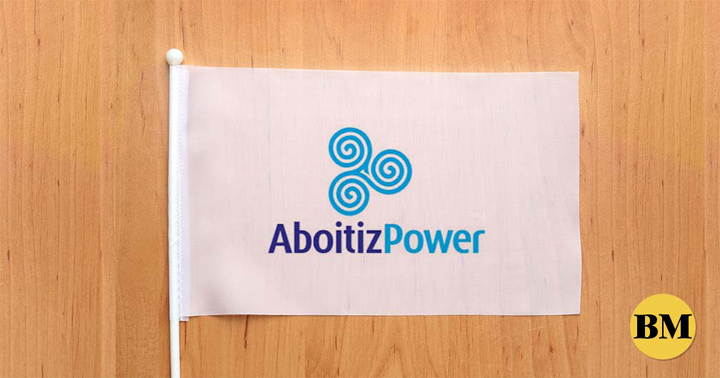Aboitiz unit to acquire ‘green’ transformers
BY LENIE LECTURA – FEBRUARY 10, 2022
from Business Mirror

Aboitiz Power Corp. subsidiary, Davao Light & Power Co. (Davao Light), has programmed a budget of P87 million for the purchase of around 1,300 “green” transformers every year.
Davao Light said it has been using natural ester oil as insulation fluid for all of its new distribution transformers, mainly meant to serve the ever-growing demand of distribution transformer installations and to replace old units that use mineral oil due for decommissioning.
Natural ester, which is classified as vegetable oil, is sourced from rapeseed, canola, or soybean, making it non-toxic and 100-percent biodegradable.
Mineral oil, meanwhile, is derived from crude petroleum. While generally effective for transformers, one of its disadvantages is that mineral oil leaks are more susceptible to fire due to their relatively low flashpoint. Used transformer oil, some types of which are considered toxic, must be dealt with through accredited environmental services companies for recycling or disposal.
“We had difficulties in looking for contractors that can safely dispose of our used transformer oil, which back then was still mineral. Since it was already widely used in the energy industry, natural ester was an attractive option to us,” said Arnel Bersabe, head of Davao Light’s substation and electrical equipment department.
Distribution transformers perform the last voltage transformation in the grid, transforming medium voltages such as 13,800 volts, 23,000 volts, and 34,500 to one suitable for household and commercial use, typically around 240 volts.
Bersabe said they considered how natural ester helps prolong the life of transformers and is safer to use than mineral oil because it needs a higher temperature to burn. The average lifespan of distribution transformers is 35 years, but ester oils are estimated to extend the longevity of units by up to 33 percent.
Davao Light also shared more of its “green” projects including the conversion of Davao City’s High-Pressure Sodium (HPS) street lamps to Light Emitting Diode (LED) lights, which have 70 percent lower energy consumption, maintenance costs, and lasts three to four times longer than the former.
It also unveiled its fully digital substation last year. Among other advantages such as enhanced efficiency, reliability, and availability of power supply through real-time control and protection operations, digital substations have fewer conventional components that enable space reduction in the total area required for the installation of equipment, allowing for a decrease in substation footprint.
Davao Light is also looking into using amorphous steel instead of the current silicon steel for the core components of transformers.
According to studies, amorphous steel can lower transformer losses, or the energy “wasted” due to resistance in the wire used to wind a coil, by up to 60 percent for a typical 50 kVA unit. Bersabe added that the total owning cost for transformers that use amorphous steel cores is pegged to be at least 10 percent lower than those that use conventional silicon steel.
“We are still validating this data. We will have a simulated installation of this transformer for actual measurement of its losses and verification of its in-service performance,” he added.
Davao Light is the third-largest privately-owned electric distribution utility in the country in terms of customer size and annual kWh sales. Davao Light’s franchise area covers Davao City, areas of Panabo City, and the municipalities of Carmen, Dujali, and Santo Tomas in Davao del Norte, with a population of approximately 2.2 million and a total area of 3,561 square kilometers.
As of December 2021, Davao Light served a total of 458,498 customers, with a recorded peak demand of 459 MW.


